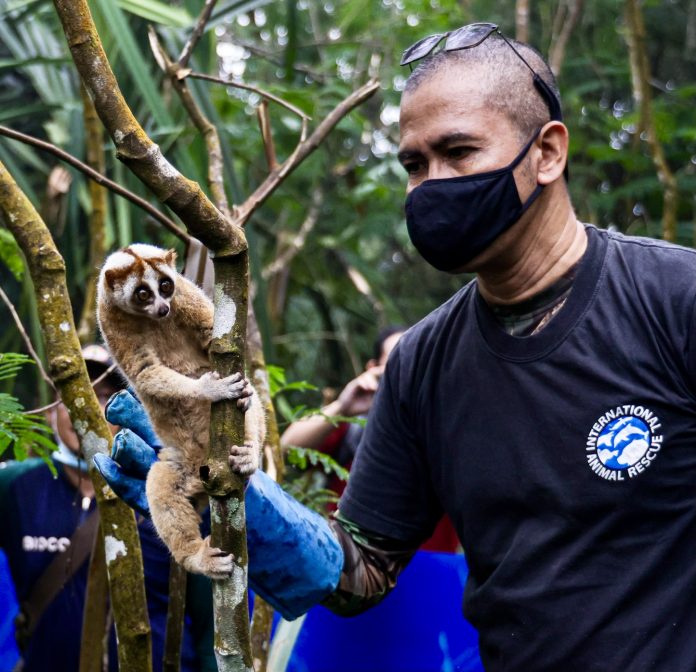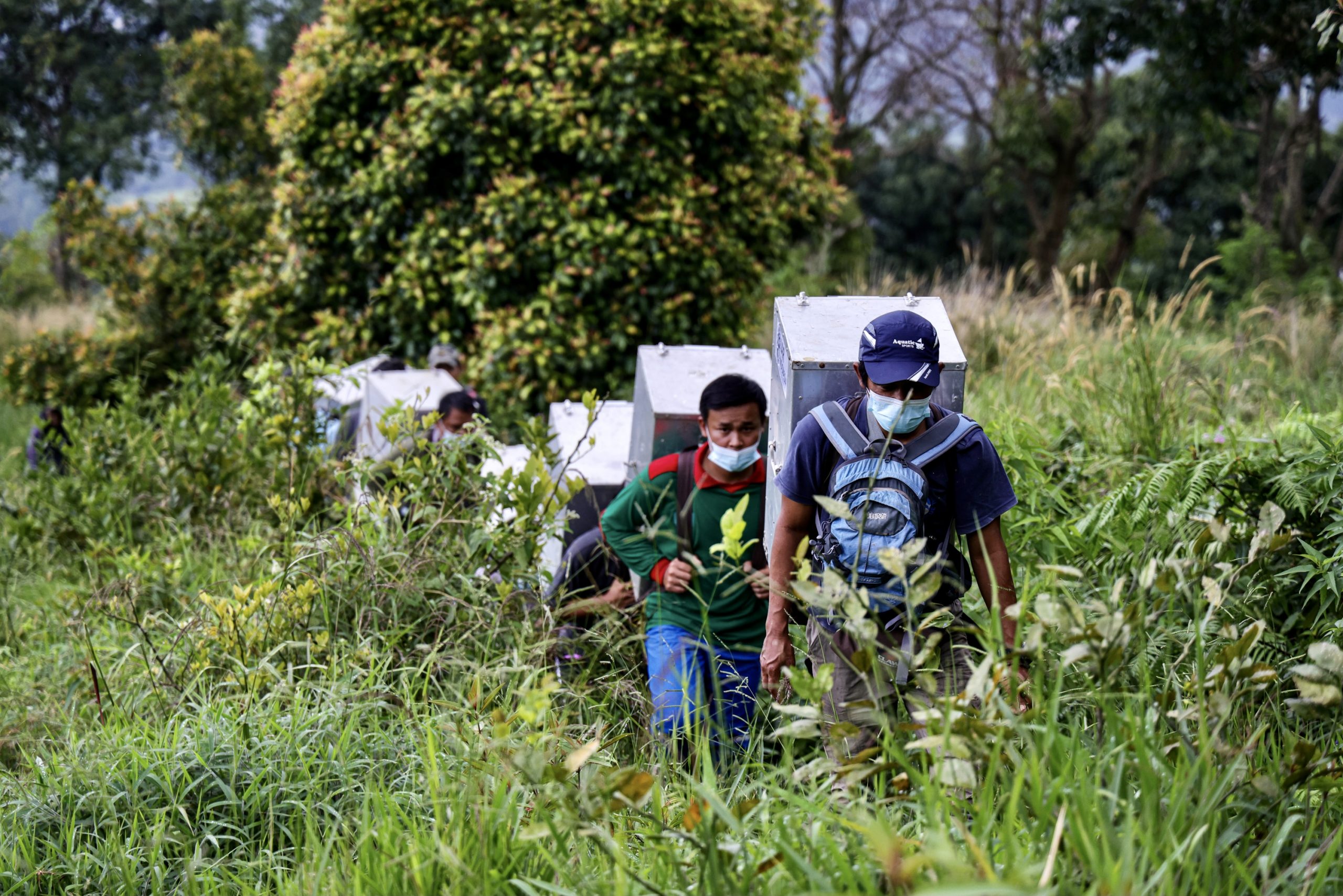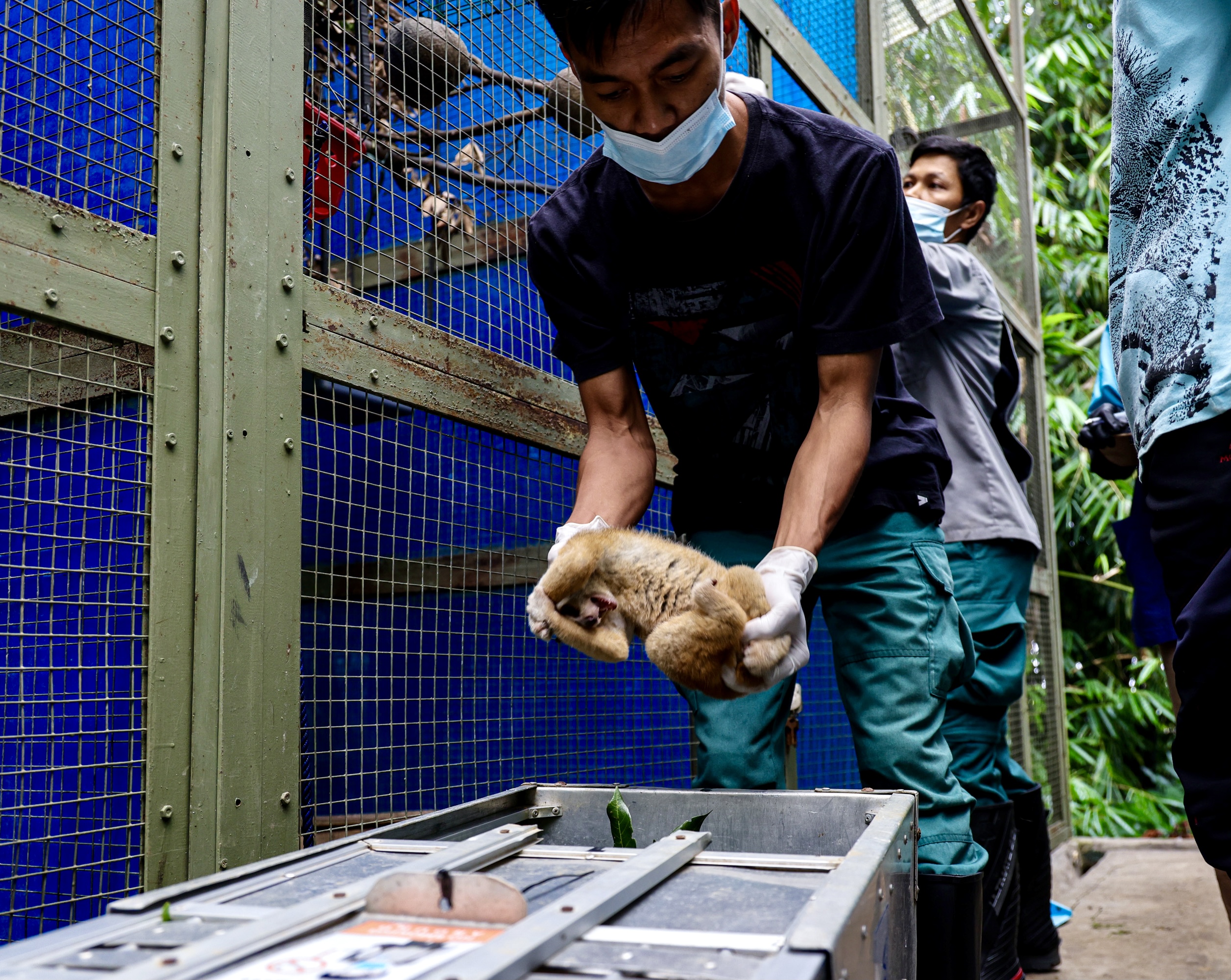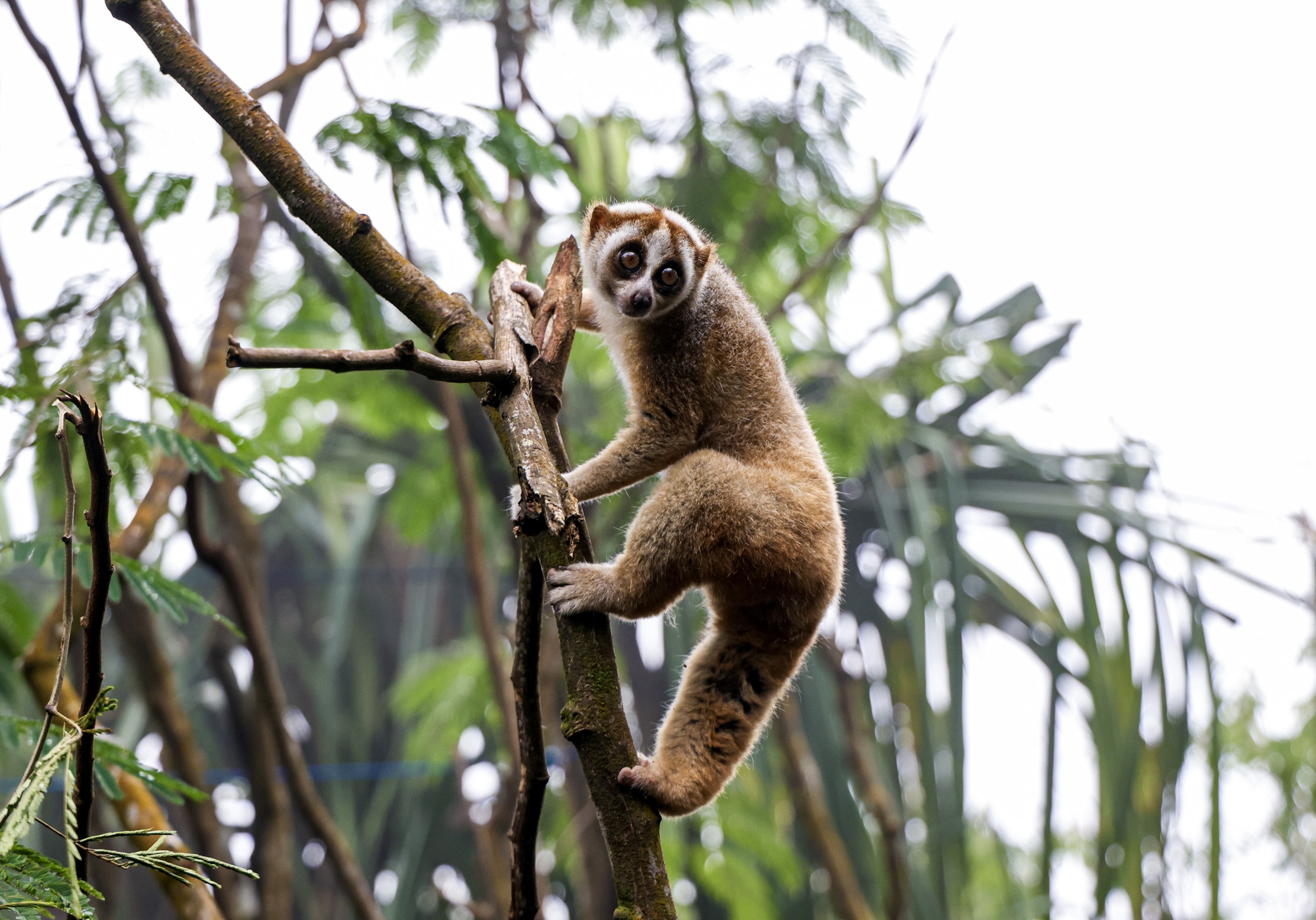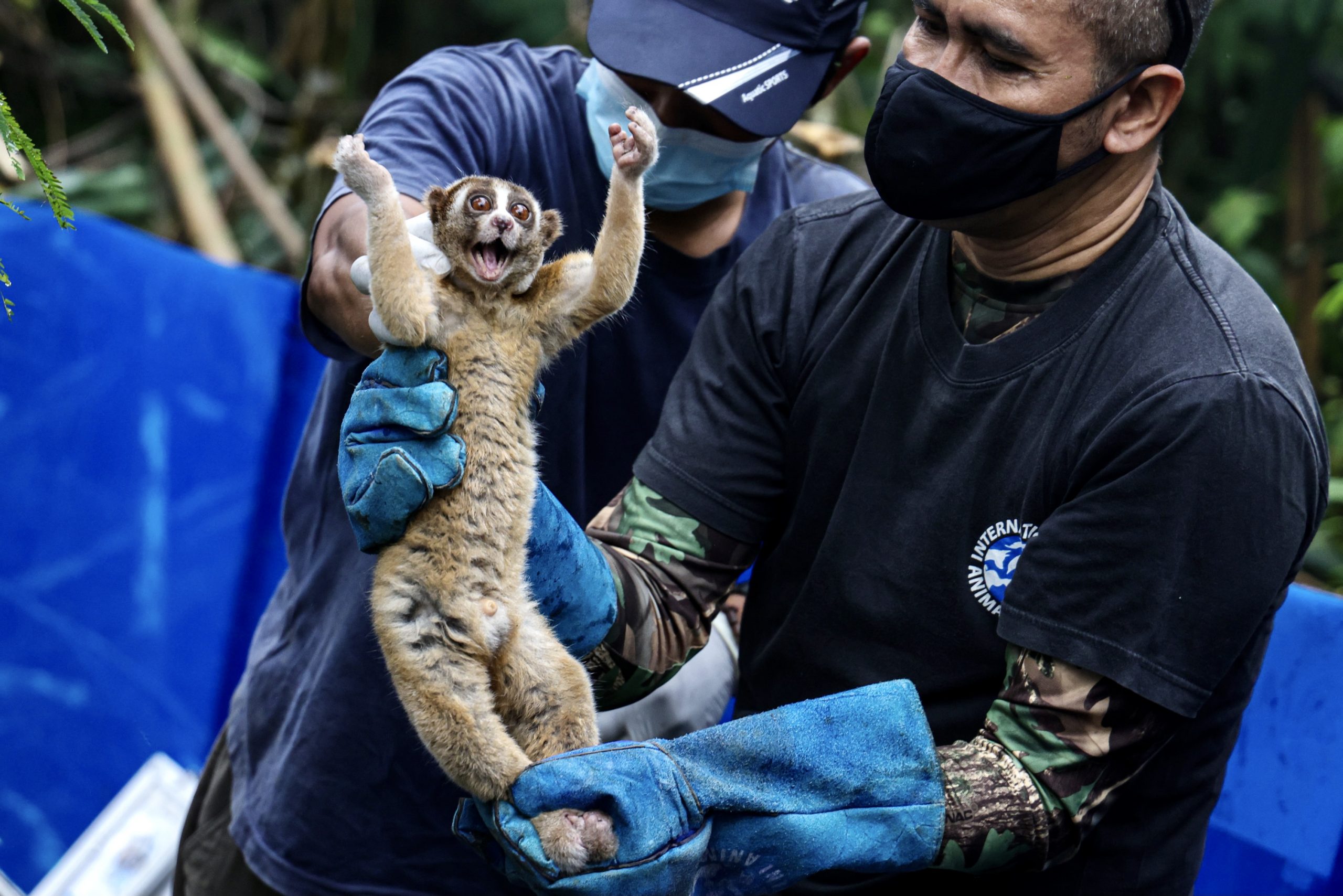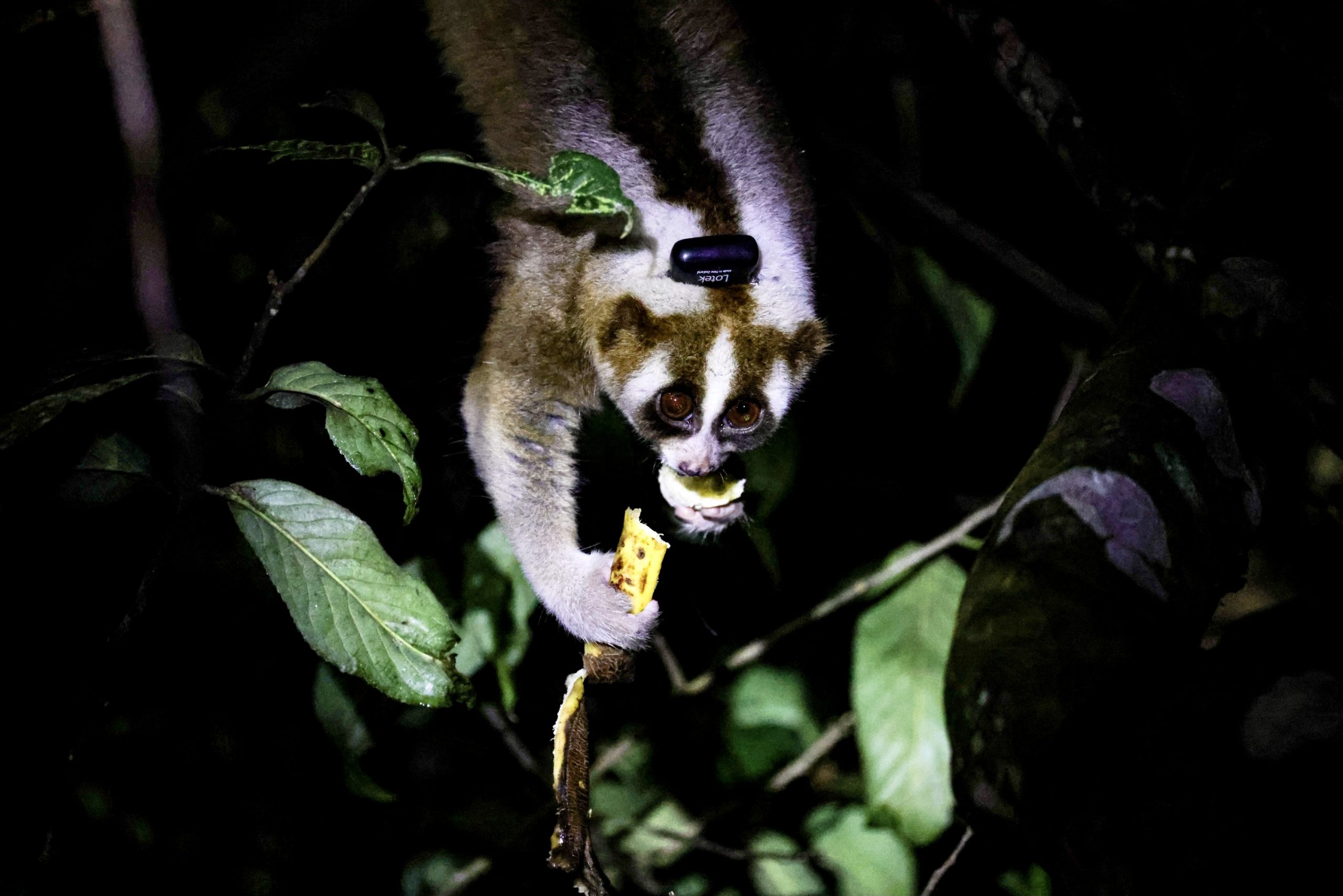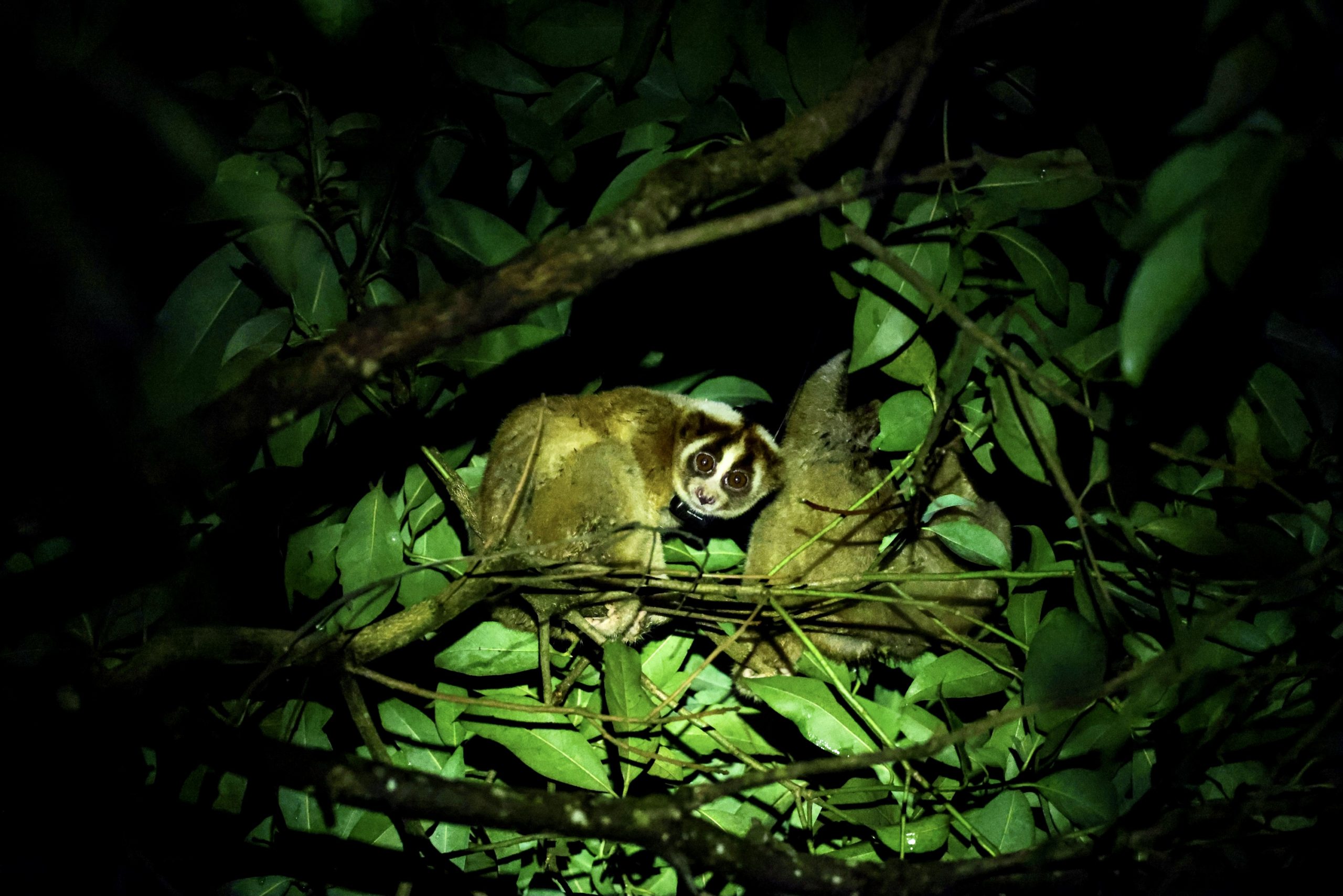You can help all animals and our planet by choosing compassion on your plate and in your glass. #GoVeg
RELATED ARTICLES
Orangutan Named ‘Boncel’ Is Rescued & Translocated For A Second Time Due To Loss Of Habitat In Indonesia
An adult male orangutan, that was given the name Boncel, was recently rescued for a second time in West Kalimantan Province (Indonesian, Borneo).
The Wildlife...
Five Orangutans Formerly Kept As “Pets” In West Borneo Are Rehabilitated & Released Back Into Their Rainforest Home
Five orangutans were released back into the wild in West Borneo after they were all rescued from captivity. Sadly, their mothers had been killed...
U.S. Senator Cory Booker Introduces Important Bill To Shut Down Wildlife Markets Which Threaten Public Health In The United States
U.S. Senators Cory Booker (D-NJ) and John Cornyn (R-TX) introduced a bipartisan bill, the Preventing Future Pandemics Act, which would direct the State Department to...
Popular stories
News
Smalltail Shark Species Have Declined By 80% In Almost Three Decades; New Petition Seeks To Protect Them Under The Endangered Species Act
Photo by: SEFSC Pascagoula Laboratory; Collection of Brandi Noble, NOAA/NMFS/SEFSC
The Center for Biological Diversity submitted a petition this week urging the National Marine Fisheries Service...
News
Historic Bill To Ban Trophy Hunting Imports Into The UK Passes The House Of Commons & Moves To The House Of Lords
Photo by: Katie Cleary
The Hunting Trophies Import Prohibition Bill was introduced by Henry Smith MP to legislate for a historic ban on trophy hunting...
News
Tragic News As A Young Male White Rhino Was Shot & Killed At A Drive-Through Safari Park In Florida
(Photo not of the rhino killed)
Earlier this week, tragic news was released by the Florida Fish and Wildlife Conservation Commission (FWC) that a three-year-old...

